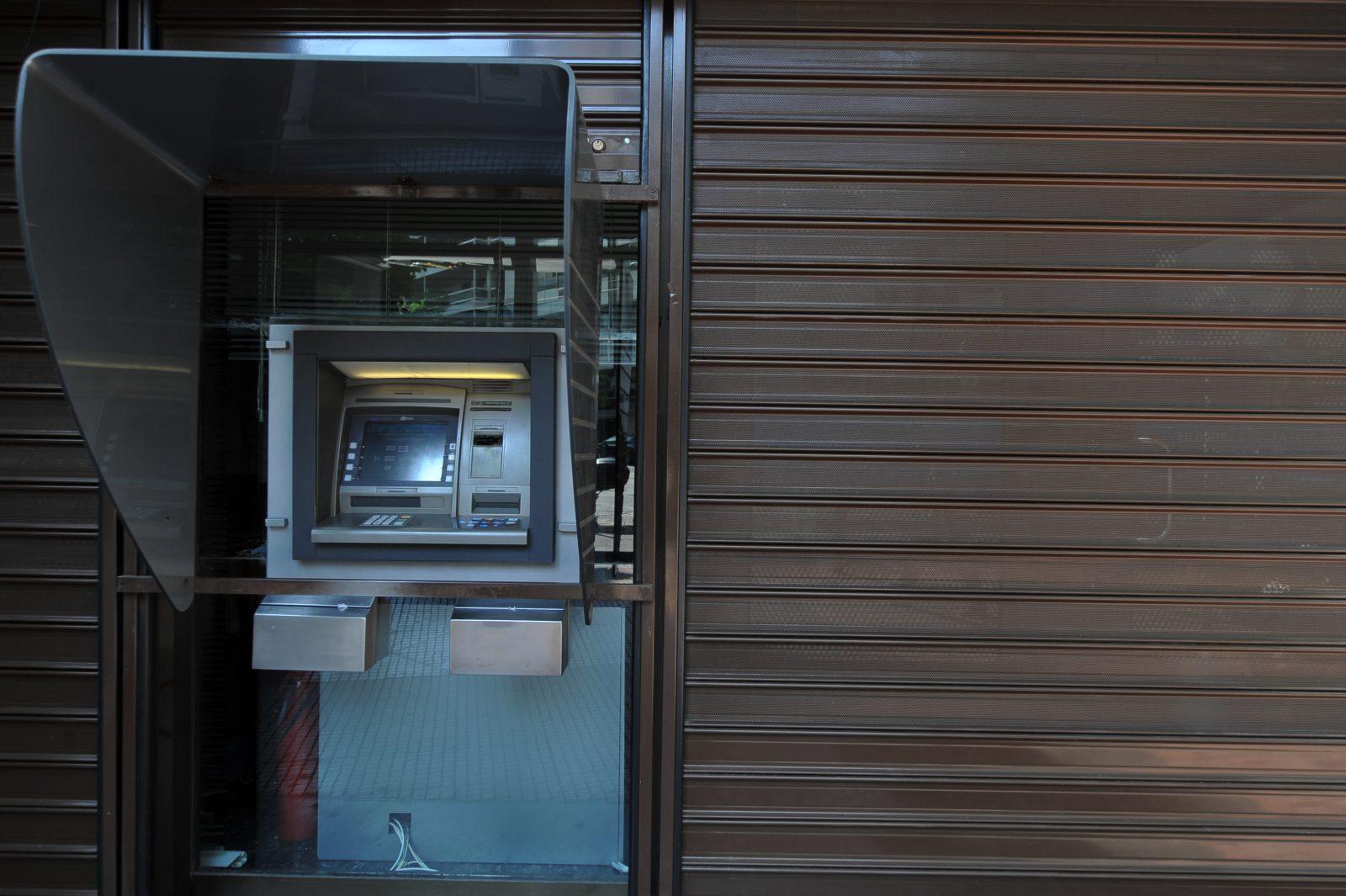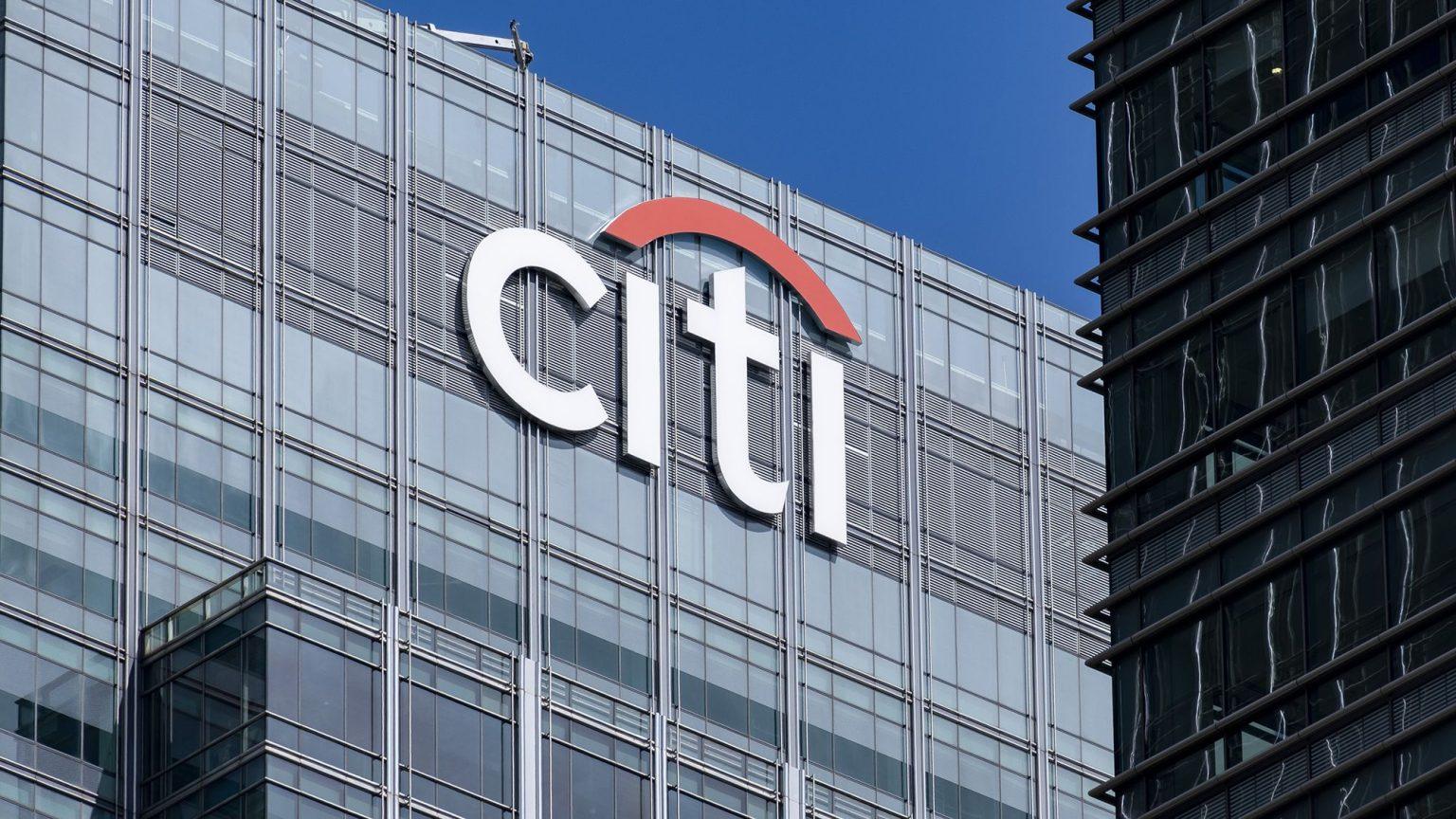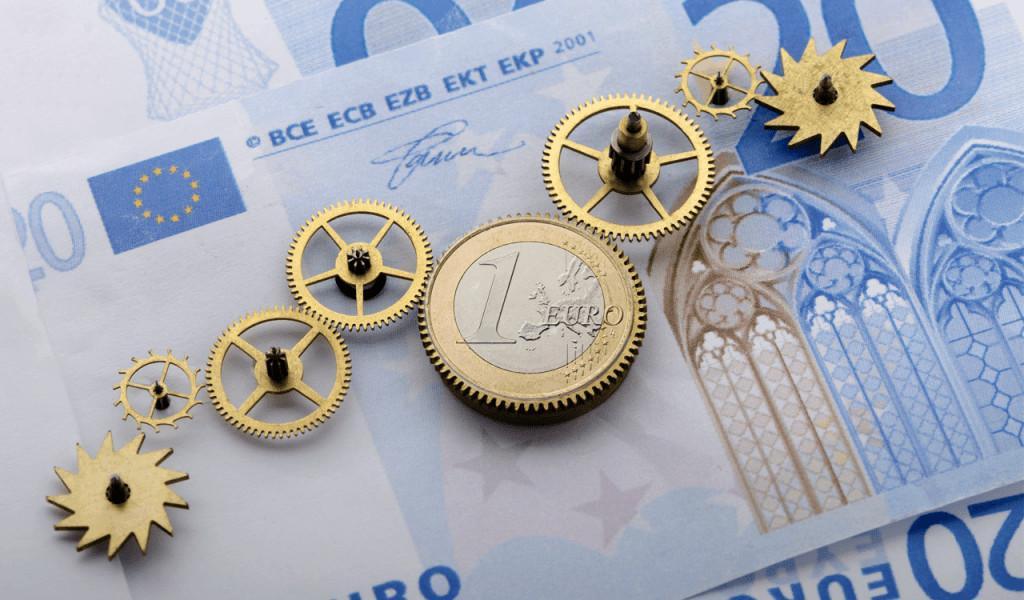In a recent article the German news outlet Bloomberg portrays Greece as a country that is breaking away from old stereotypes that labelled Greeks as ‘lazy’ during the euro crisis. What is true is that Greeks work more hours than any other Europeans, while the so called German workaholics are among the least working nations.
It is highlighted that Greek workers who rush to serve German tourists, challenge economic clichés, while the idyllic scenes of sipping wine on a Greek island or relaxing in a villa-often associated with Greek tourism-are out of reach from the Greeks themselves.
This divide is about to deepen with the new law that allows some companies to impose a six-day work-week the first to be implemented in Europe. This move sharply contrasts with the European trend experimenting with a shorter work-week to attract talent.
Although it is technically aimed specific at 24/7 sectors like construction, rather than being a blanket regulation, this measure could further dismantle the broader reception of Europe’s ability to maintain relaxed work schedules.
The article emphasizes that the six-day work week is unlikely to boost further productivity, as fatigue inherently impedes performance. Citing a study on call-center workers, it notes that between 2008 and 2010 a 1% increase in working hours led to just 0,9% rise in the number of calls handled.
Labelling this law as ‘worker-friendly’ even if it aims to secure better overtime pay, it considered a hollow gesture by Bloomberg. The real focus it argues is addressing the labor shortage caused by the exodus of more than one million working age Greeks during the period of 2010 and 2022-fuelled by the economic crisis and the demographic time bomb.
The article further highlights Greece’s challenges in automating its economy as it highly depends on tourism. It also points out that the country’s infrastructure projects and ‘tough but fair’ immigration policy still need to secure the workforce it desperately needs.
Economist Penelopi Goldberg concludes that Greece striving to be Europe’s Economic haven has resorted to an ‘extreme measure’: extracting more hours from the existing workforce.
Source: tovima.com
















![Ελαιόλαδο: Ανάκαμψη στην παραγωγή, πίεση στην κατανάλωση – Τι αλλάζει έως το 2035 [γραφήματα]](https://www.ot.gr/wp-content/uploads/2025/07/elaiolado.2023-1.jpg)



















